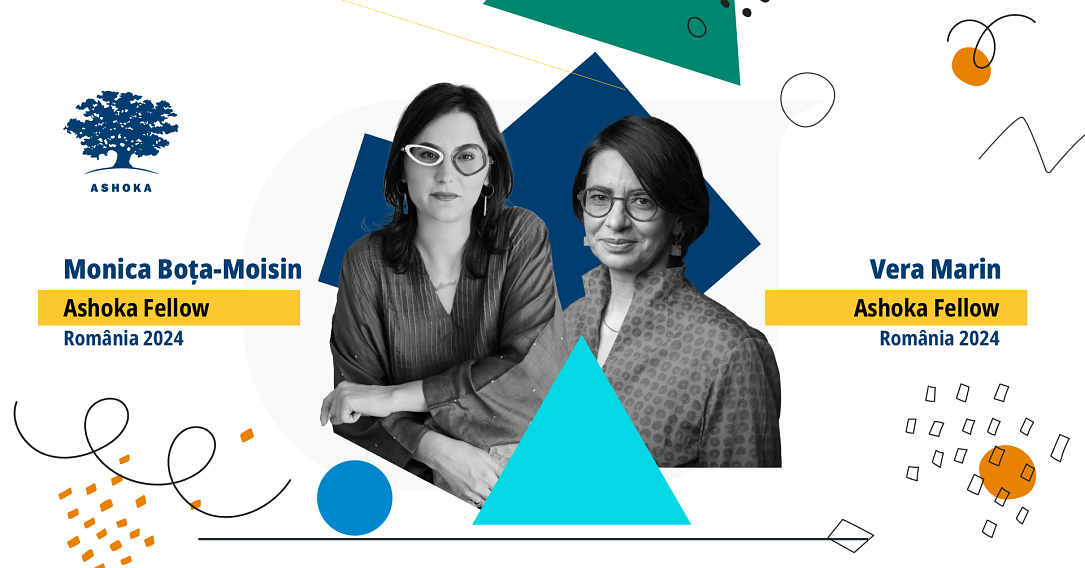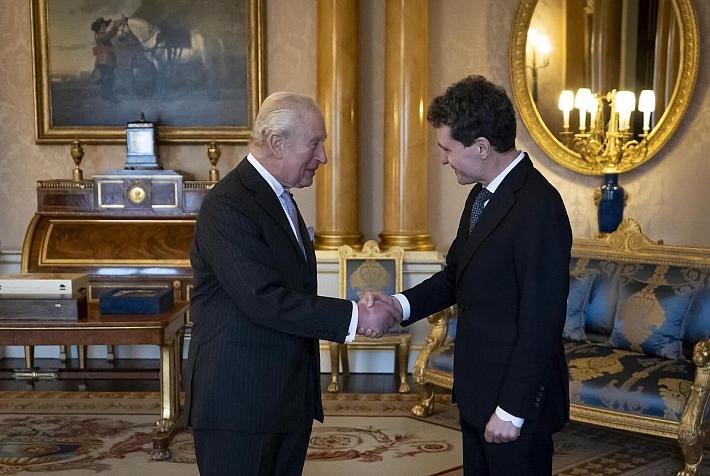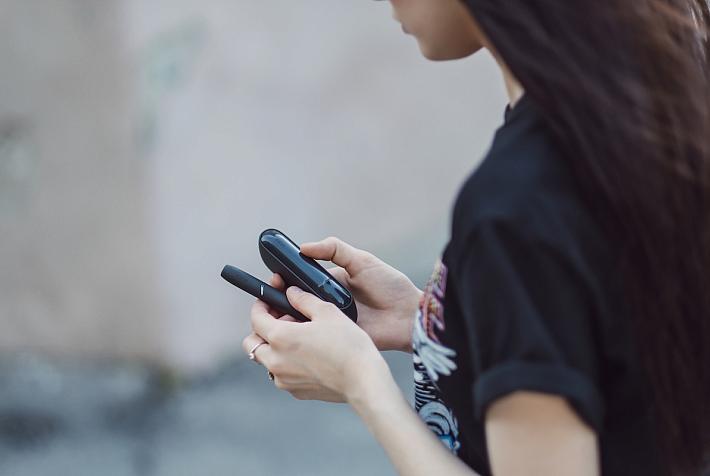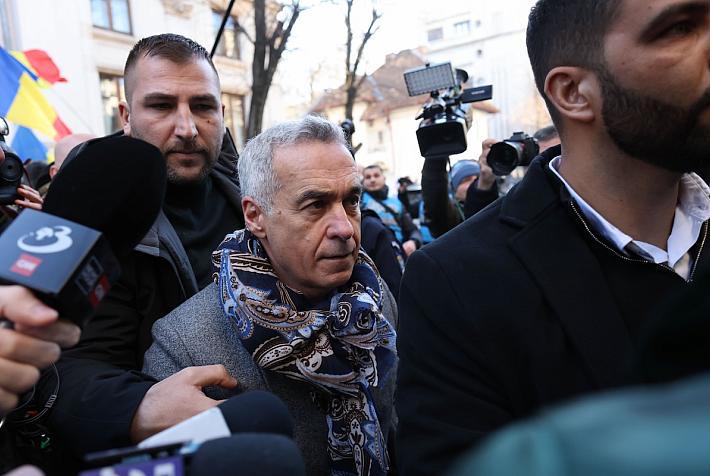Romania's Vera Marin and Monica Boța-Moisin named winners of Ashoka Fellowship

Architect Vera Marin, initiator of the "De-a Arhitectura" education project, and lawyer Monica Boța-Moisin, specializing in intellectual property and traditional cultural expressions, are the new Romanian winners of the Ashoka Fellowship.
The two winners join the other eight Ashoka Fellows from Romania and a community of over 3,800 social entrepreneurs from more than 94 countries, whom Ashoka supports for life.
The two social innovators will receive a personalized grant for three years, allowing them to fully dedicate themselves to developing their solutions. Additionally, the Ashoka Fellowship will include them in the most important international support network for growing and scaling social impact. This will enable them to collaborate with other innovators in the network and access development opportunities specifically aimed at the Ashoka Fellows community, including financing tools, knowledge, inspiration, partners, and pro bono consultants.
Vera Marin and Monica Moisin were declared winners after a tough selection process. The main criterion was the way their work has brought about significant transformations to create a human-centered, more inclusive, and emancipated society.
The selection was based on five criteria: idea, entrepreneurial approach, social impact, creativity, and integrity, and involved numerous teams and panels locally and globally, experts, partners, and volunteers.
Vera Marin, an urban architect and university lecturer, founded and leads the "De-a Arhitectura" program, consisting of a community of dedicated professionals and teachers who teach architectural concepts to children while also explaining the importance of civic participation, empathy, and sustainability. Since its inception in 2013, the program has positively influenced over 30,000 students in Romania, collaborating with more than 1,150 teachers and 1,000 volunteer architects.
"I am very happy with this recognition, which confirms not only the impact but also the importance of mechanisms through which schools can have programs better aligned with recent trends, such as the orientation towards Sustainable Development Education (SDE) or the role of art and culture in education (for which UNESCO established a global framework this February)," said Vera Marin, Ashoka Fellow.
Monica Boța-Moisin is a leader in protecting traditional cultural knowledge and expressions through a new approach called Cultural Intellectual Property (CIP). In a world where traditions and crafts are often neglected and exploited, she has developed and implemented an innovative methodology under the umbrella of the Cultural Intellectual Property Rights Initiative (CIPRI), based on the rule of the 3Cs: Consent, Credit, Compensation. This allows communities to protect and leverage their cultural heritage fairly, establishing sustainable and ethical collaborations with creative industries.
"I wish to raise awareness of the immense strength that our local communities represent and the value of our cultural heritage, practices passed down through generations, specific rituals, and expressions of the human-nature communion. For this, we need to heal and rebuild our communities around the idea of reciprocity, interdependence, care, and the (re)understanding that we are a family," said Monica Boța-Moisin, Ashoka Fellow.
Since 2017, when Ashoka has been present in Romania, eight other Romanian social entrepreneurs have become Ashoka Fellows: Paul Radu, Dorica Dan, Florin Stoican, Elena Calistru, Ioana Bauer, Carmen Gheorghe, Iarina Taban, and Eugen Vaida.
On average, an Ashoka Fellow impacts 200,000 people. 93% of Ashoka Fellows influence public policies, and in 90% of cases, their ideas are replicated by independent groups.
(Photo source: press release)













